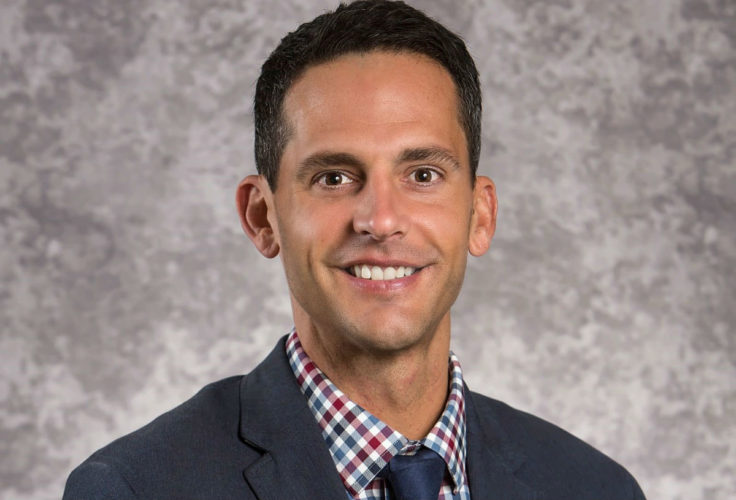Under pressure, we don’t rise to the level of our expectations, we fall to the level of our training – Archilochus
Inspired by the curiosity of my students and their desire to understand the needs of those at the leading edge of marketing, I continuously seek the guidance of industry leaders to enhance the student experience. A recent discussion with an accomplished marketer about about the unprecedented pressure marketers are under to succeed took an unexpected turn, which led us both down a path of possibility—a path, perhaps, that other marketers should consider as well.
Her perspective on the cause of this pressure pointed to the rapid increase in technology, a global economy, and customers who are more demanding and wield more control. This aligns with what academic research and industry thought leaders have discovered. For example, concepts such as Google’s “Micro-Moments” and Forrester Research’s Age of the Customer.
Her approach to succeeding in this new climate is consistent with what other marketing leaders have shared. They all realize that they must cater to the actual needs of an individual versus the perceived needs of many. Hence, the birth of one-to-one marketing, account-based marketing and, of course, personalization. What’s more, all of these leaders say succeeding has proven to be very difficult. The data agrees. For example, Accenture recently uncovered that approximately 50 percent of US consumers said they switched companies because the brand failed to deliver on these demands.
As we shared ideas on possible causes an almost flippant comment was made that marketers should receive sales training. We explored this idea further, agreeing that catering to an individual’s customer journey requires a very specific set of skills which differ from traditional mass marketing. As we brainstormed, we noticed common sales-oriented methodologies that were most applicable and actionable for marketers:
Uncovering Pain: When you market your solutions, are you focused on the “who” and the “why,” or are you focused on the “what”?
Meaningful interaction with an individual requires a more thorough understanding of who they are. Beyond the functional, there are social and emotional factors that drive their buying decisions. Great salespeople understand this. They are trained to immerse themselves in the client’s circumstances to uncover the pain that individual is experiencing. These insights enable them to understand what value means to the buyer and what factors will drive their decision to buy.
Relationship Building: Does your marketing strategy provide value throughout the customer journey or is it really just about the sale?
Google recently introduced “the age of assistance,” which is essentially stretching the customer journey both before and after purchase. Great salespeople have been trained to do this for quite some time. They understand that customers buy from those they trust, respect, and like (most often in that order). Salespeople get there by providing value throughout the relationship lifecycle. It is important to note that this is inclusive of value that has nothing to do with making a sale.
Keeping Your Word: Do customer touchpoints with your brand deliver on your brand promise and provide great experiences?
Marketers know success is dependent on your ability to inspire customers to stay with you. Great salespeople are trained to know that keeping your word is the most important factor related to long-term success. It enables you to create the great experiences needed to do so. They only sell you what you need, guide you as to what you don’t, and work to proactively remedy a situation if things don’t go to plan.
At Olin, new Dean Mark Taylor introduced our new vision which highlights five specific ways we are going to adapt for the 21st century while building on our very solid foundation. One of those pillars is innovative thinking. Sales training for marketers? Now that’s an innovative idea.




Take my class in Sales Managment in Spring Mini A.
It’s about time. As a marketing MBA from WU It took me too long to get formal sales training and missed some important lessons early in my career. I’ve given this feedback for years. Glad it’s going to happen.